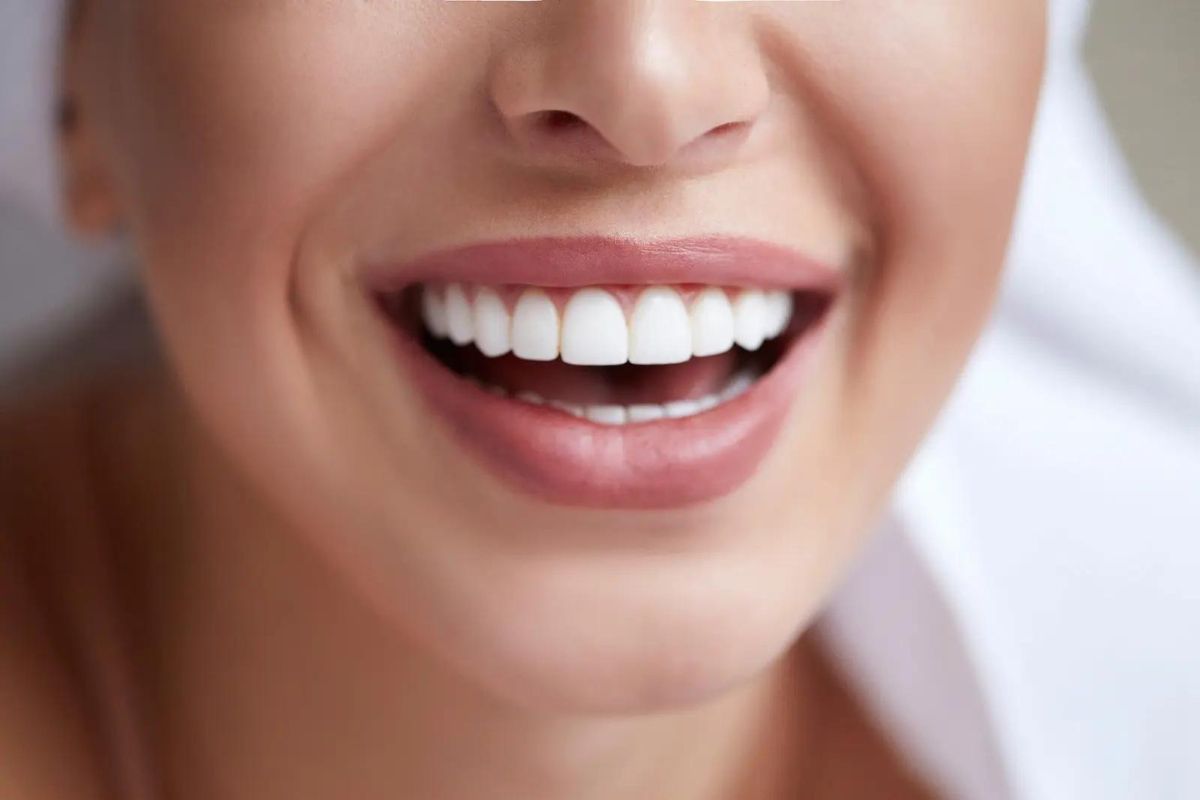
Everyone loves a bright, white smile. Over time, teeth can become stained due to various factors, like coffee, tea, wine, tobacco, and even aging. While professional whitening treatments offer excellent results, some prefer natural methods to enhance their smile. If you're wondering how to naturally whiten your teeth from the comfort of your home, here are some safe and effective ways to do it.
1. Practice Good Oral Hygiene
The foundation of a white smile is strong oral hygiene. Brushing twice a day and flossing daily helps remove plaque and prevent staining. Proper dental care can keep your teeth looking whiter naturally.
- Use a soft-bristled toothbrush and non-abrasive toothpaste to protect enamel.
- Rinse your mouth with water after eating or drinking acidic foods.
- Don't forget to replace your toothbrush every three months for optimal cleaning.
2. Baking Soda and Hydrogen Peroxide Paste
A mixture of baking soda and hydrogen peroxide is a well-known natural solution for whiter teeth. Baking soda is mildly abrasive, which helps remove surface stains, while hydrogen peroxide is a natural bleaching agent.
- How to Use: Mix one tablespoon of baking soda with two tablespoons of hydrogen peroxide to create a paste. Brush your teeth with this paste a few times a week.
- Note: Avoid using this mixture daily, as overuse can wear down enamel and make your teeth sensitive.
3. Oil Pulling with Coconut Oil
Oil pulling is an ancient practice that involves swishing oil (typically coconut oil) around your mouth. This can reduce bacteria, improve gum health, and help reduce stains over time.
- How to Use: Swish one tablespoon of coconut oil in your mouth for 10–15 minutes each day before brushing.
- Benefits: Coconut oil contains lauric acid, which reduces bacteria and plaque, helping to keep your teeth naturally bright.
4. Apple Cider Vinegar (ACV) as a Mouth Rinse
Apple cider vinegar has natural bleaching properties, which can help remove stains. However, due to its acidic nature, it should be used sparingly to avoid damaging the enamel.
- How to Use: Mix a small amount of apple cider vinegar with water and swish it around in your mouth for a minute or two. Rinse with water afterward.
- Frequency: Use this rinse once a week to see results without harming your enamel.
5. Eat Teeth-Whitening Foods
Certain foods can actually help whiten your teeth naturally. They act as natural scrubbing agents and increase saliva production, which helps wash away food particles and bacteria.
- Strawberries: Contain malic acid, which helps remove stains.
- Pineapple: Contains bromelain, an enzyme that acts as a natural stain remover.
- Apples, Celery, and Carrots: These crunchy foods act like a toothbrush and can help scrub away surface stains.
Eating a balanced diet that includes these foods can support a whiter, healthier smile over time.
6. Limit Stain-Causing Foods and Drinks
While natural methods can help maintain a bright smile, avoiding certain stain-causing items is also essential. Foods and drinks like coffee, tea, red wine, and sodas are known culprits for staining teeth.
- Tip: If you drink these beverages, use a straw to reduce contact with your teeth. Also, consider rinsing your mouth with water afterward to prevent stains from setting.
By moderating your intake of these items, you can minimize staining and keep your teeth looking their best.
7. Use Activated Charcoal
Activated charcoal is a popular natural method for teeth whitening. It's highly absorbent and can help remove surface stains on teeth.
- How to Use: Dip a wet toothbrush into powdered activated charcoal and gently brush your teeth for 2–3 minutes. Rinse thoroughly and brush with regular toothpaste afterward.
- Caution: Since activated charcoal is abrasive, use it only once or twice a week to avoid wearing down your enamel.
Benefits of Natural Teeth Whitening
Natural teeth whitening can be an excellent alternative for those who prefer a gentler, more organic approach. Here are some benefits of choosing natural methods:
- Less Sensitivity: Many people find that natural methods don't cause as much sensitivity as chemical treatments.
- Affordable and Accessible: Natural whitening solutions often use household ingredients, making them budget-friendly.
- Sustainable: For eco-conscious individuals, natural whitening can be a more sustainable choice.
If you're looking for more effective options, teeth whitening in Chaska clinics offer professional-grade treatments. Combining natural care with professional guidance can help you achieve the best results.
When to Consult a Dentist
Natural whitening methods work well for mild to moderate stains, but if you have deep stains or underlying dental concerns, it's wise to see a professional. A dentist Chaska can assess your oral health and provide advice on the best whitening options for your needs. Plus, regular cleanings can prevent plaque buildup and help your natural whitening efforts last longer.
Final Thoughts on Natural Teeth Whitening
While these natural methods can help brighten your smile, achieving the best results often requires consistent care and patience. To make sure your efforts are safe and effective, consulting a dental professional can be beneficial. For residents seeking high-quality dental services, West Lakes Dentistry in Chaska offers comprehensive treatments, including both natural and professional teeth whitening options tailored to meet your needs. Their experienced team is here to guide you toward a brighter, healthier smile.





